
During this time of quarantine at home, many teenagers often resort to spending a lot of time on their phones. Whether it be TikTok, Instagram or even Pinnacle or Canvas, many teenagers are increasing their time in front of their phones and computers by an inordinate amount.
“I often feel like I can’t escape technology,” junior Jack Juliano said. “I wake up and I have to be on my laptop for classes. Then, I have to do homework on my computer, and in the midst I use my phone for a break from the stress. Before I know it, it’s the middle of the afternoon and I’ve already spent about 6 hours on my devices.”
As seen under the settings of a smartphone, the exact amount of time that an individual uses their phone is tracked within “Screen Time.”
Many teenagers, including Marjory Stoneman Douglas High School students, have seen an uptick in their average daily screen usage metrics.
“I normally average about five to six hours on my phone, but in the last week I averaged 8 hours and 33 minutes,” senior Tyler Hersch said. “Since I’m up about 15 hours a day and only have lectures for one or two of those hours, I’m just always scrolling through social media.”
While it is a common saying to tell someone to stop using their phone so much, it is important to know what the effects of too much screen usage are.
According to a McGill University report, excessive use of mobile phones is bad for psychological health and the constant over-use of mobile phones leads to increased anxiety, feelings of loneliness and low self-esteem. Reliance on mobile phones can also cause irritation, frustration and impatience when the devices cannot be used.
“Since I’m home all the time, I’ve been on social media so often that it’s almost making me attached to my phone 24/7,” senior Sam Hendler said. “I guess you could say I’ve gotten so dependent on it that I get anxious when I’m not on it.”
The combination of screen time from cell phones, television and online Zoom lectures has caused some students to search for new and innovative ways to reduce their screen time.
“If I’m watching Netflix on my phone, and I’ve gotten through too many episodes, I make sure to go for a walk as long as the number of shows I’ve watched times 15 minutes,” senior Hannah Levine said. “For example, if I watch three shows, I go work out for 45 minutes. These little patterns keep me from watching too long and staying active when I do.”
Being creative with methods to stay active and healthy is helping many MSD students keep their mental and physical states healthy. Students can try spending time playing in-person board games or going on walks with their family members. Setting screen time limits and creating tech-free bedrooms at night can also be beneficial during current times of quarantine.
“One fun thing that has been a recurring event in my house is screen-free Saturday night, where after dinner we have been finding activities to do for at least two hours where we give ourselves a break from screen time,” sophomore Eric Hengber said. “This has included walking, fishing and biking.”

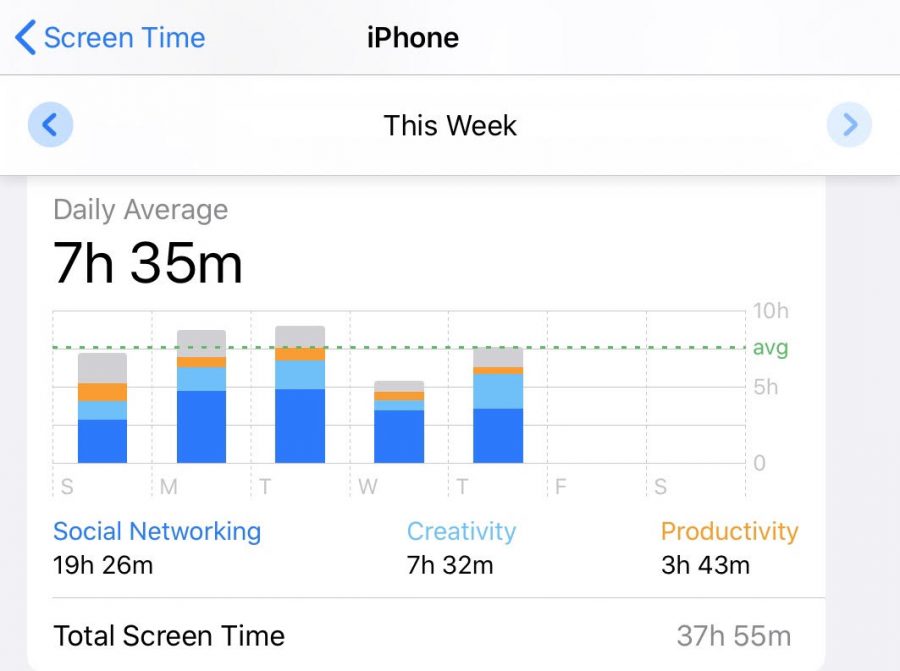

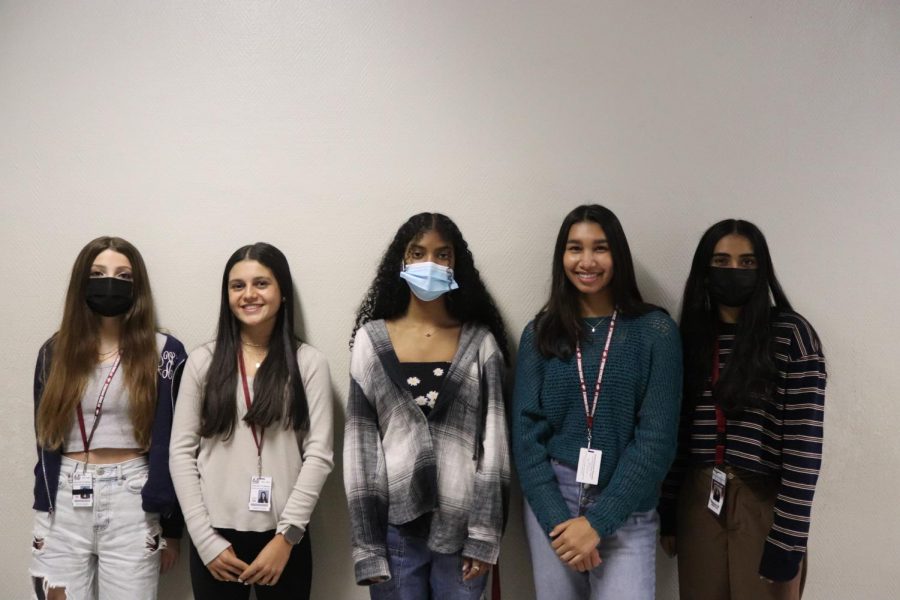


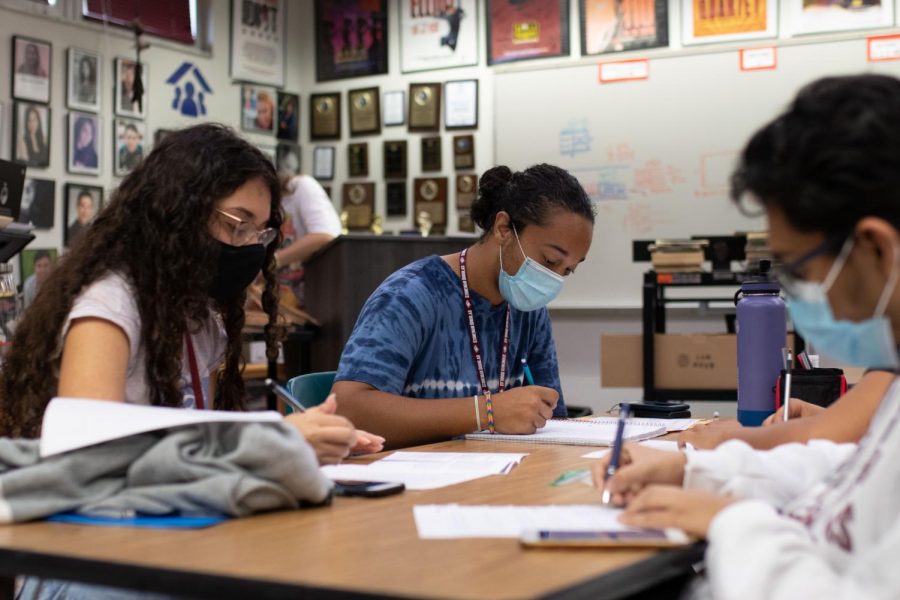


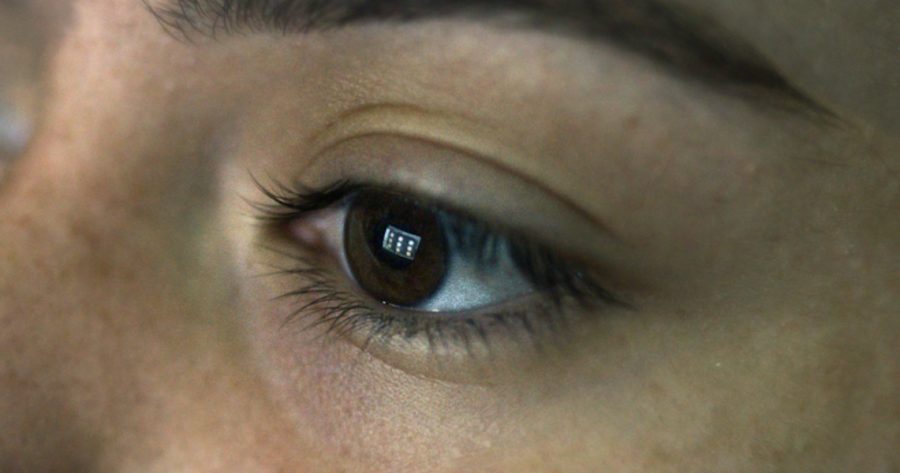
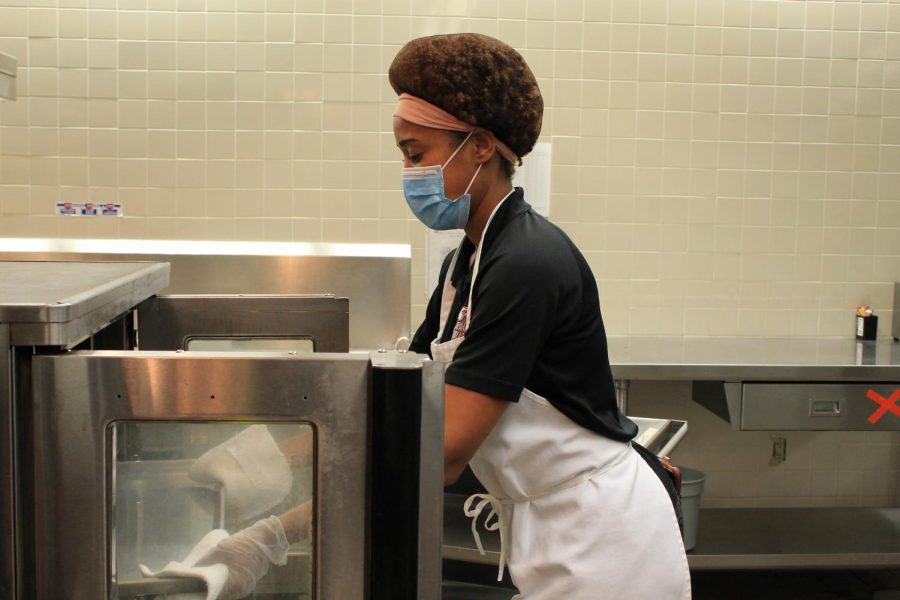




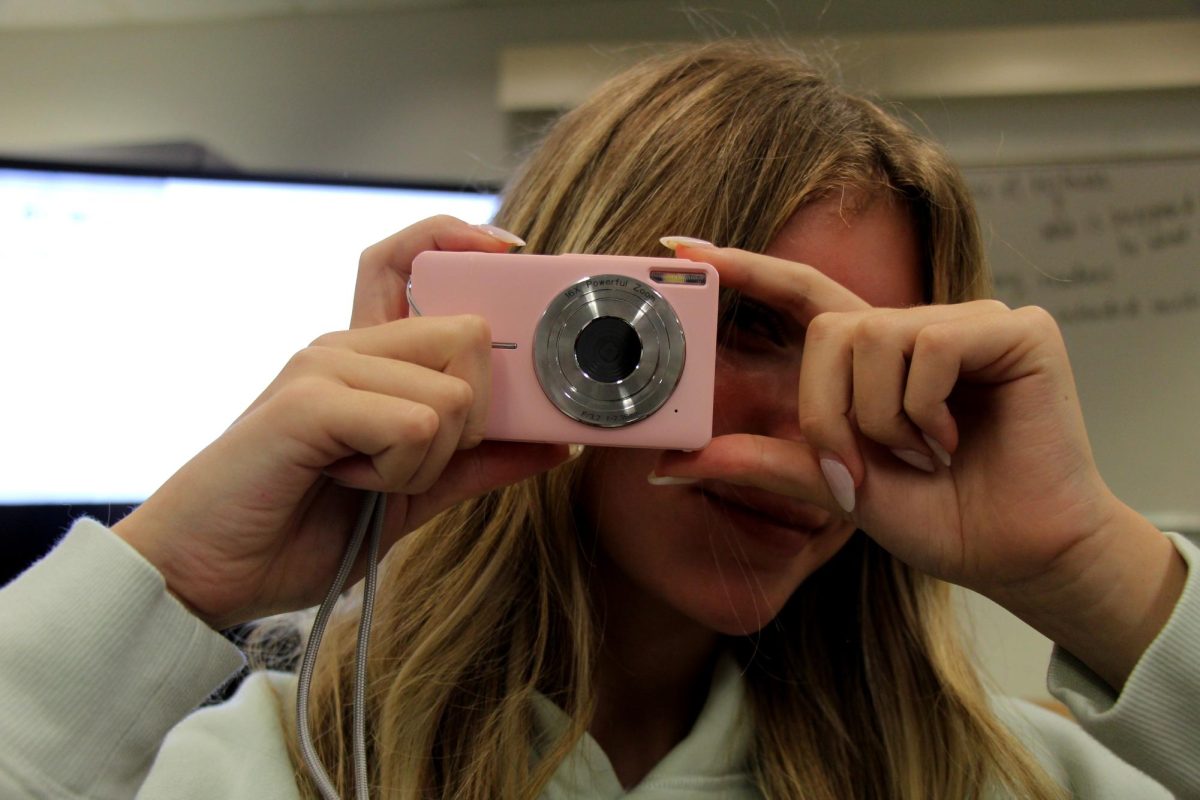

![National Honor Society Sponsor Lauren Saccomanno watches guest speaker Albert Price speak to NHS members. National Honor Society held their monthly meeting with Price on Monday, Nov. 4. "[Volunteering] varies on the years and the month, but we have started a couple new things; one of our officers Grace started a soccer program," Saccomanno said. "We have been able to continue older programs, too, like tutoring at Riverglades. NHS's goal is to have as many service projects as possible."](https://eagleeye.news/wp-content/uploads/2024/11/xNOeKNVwu7aErpVyJHrHogagZUUcLLosjtbIat94-1200x900.jpg)

![Ice Ice Baby. Skating to "Waltz" and "Romance" during her long program, figure skater Ava Zubik competes at the Cranberry Open in Massachusetts on Aug. 12, 2022. She scored a total of 86.90 on her short and free skate program, earning fifth place overall. "I try to make it [competing] as fun and enjoyable as I can because it's my senior year, and so I want to really enjoy competitive figure skating while it lasts," Zubik said.](https://eagleeye.news/wp-content/uploads/2024/11/skater1-799x1200.jpg)
